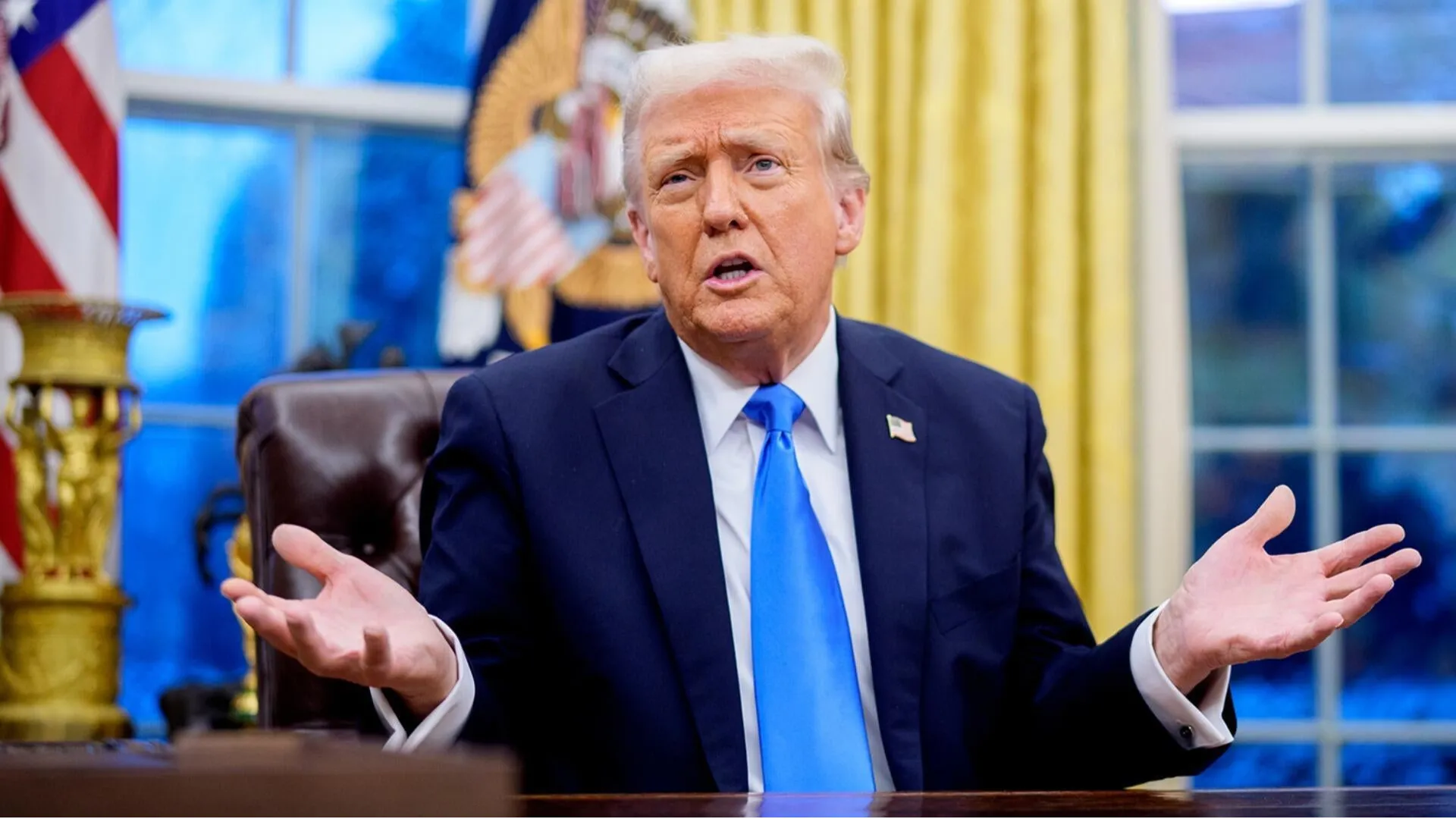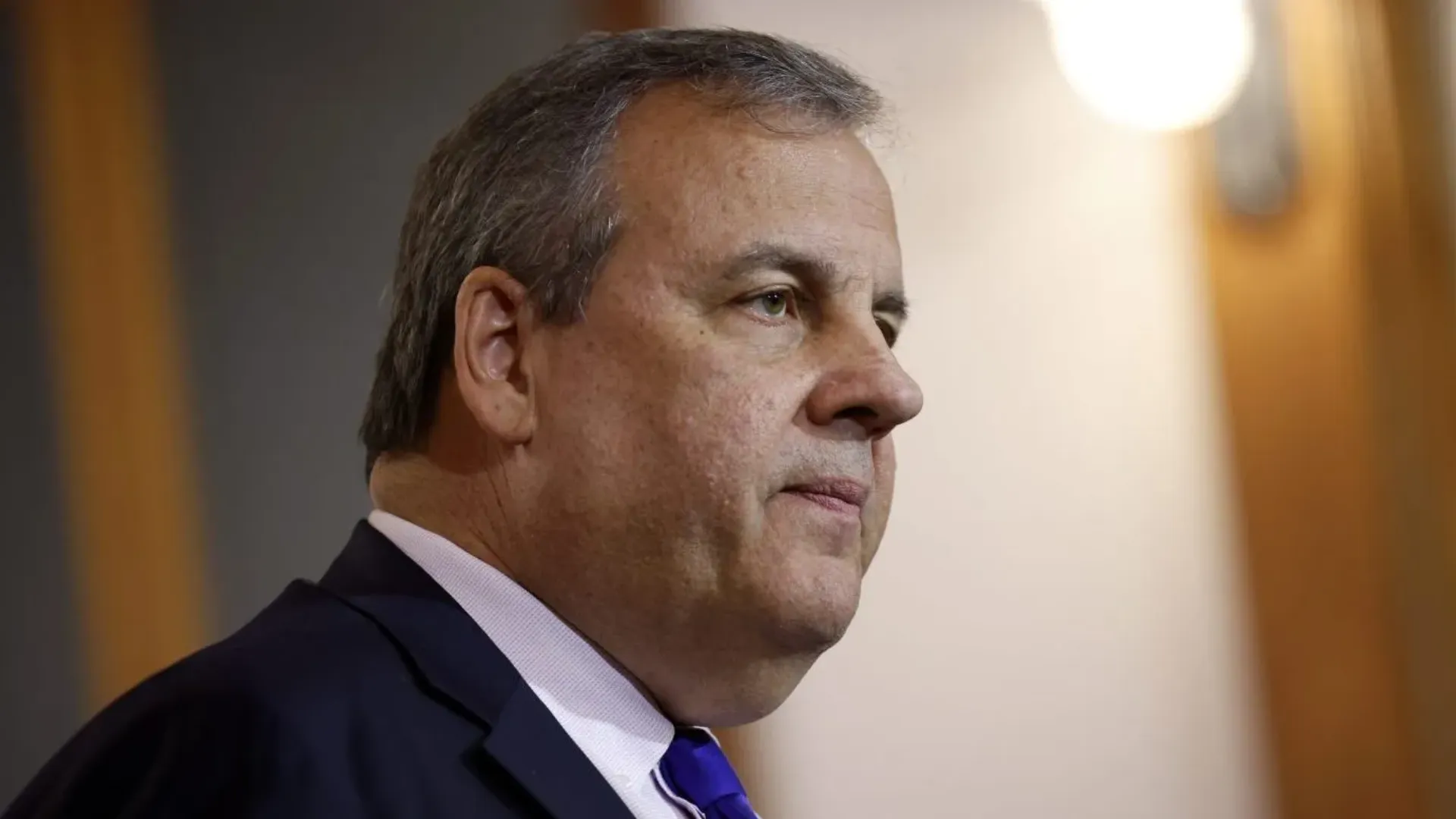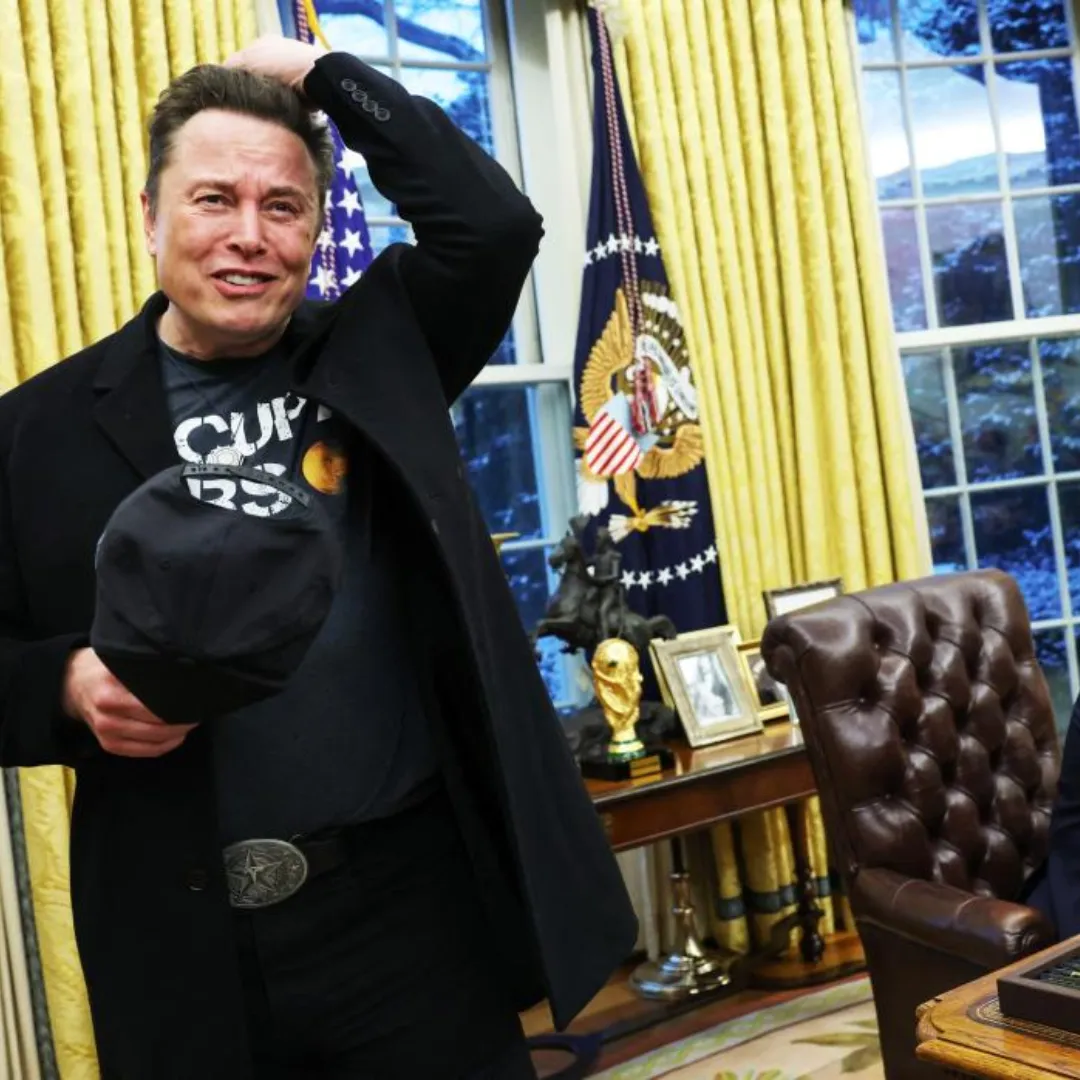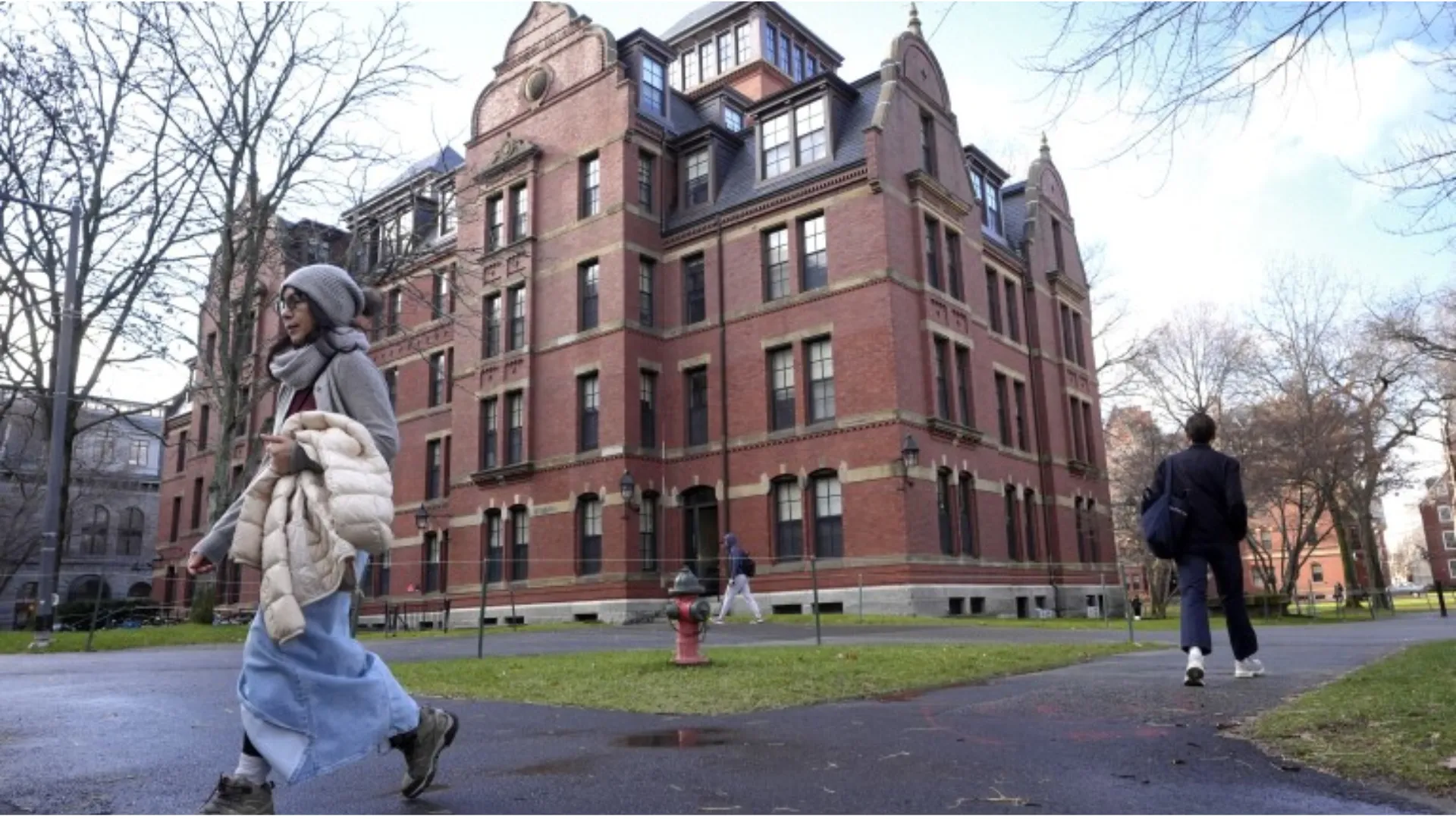Health and Human Services Secretary Robert F. Kennedy Jr. is once again at the center of a national health debate, this time for downplaying the effectiveness of the measles vaccine and spreading misinformation regarding its safety.
Despite endorsing the measles vaccine in a recent interview, Kennedy made the alarming claim that the vaccine’s protection “wanes very quickly,” a statement that has raised eyebrows among public health officials and sparked widespread backlash from the medical community.
Kennedy’s remarks, made during an interview with CBS News, stand in stark contrast to scientific consensus surrounding the measles, mumps, and rubella (MMR) vaccine, which is known to offer lifelong protection for most individuals.
In addition to his controversial comments about the vaccine’s effectiveness, Kennedy also suggested that measles outbreaks are inevitable due to the “ebb” of vaccine-induced immunity, a claim that experts have refuted.
The episode has added fuel to the growing debate on vaccine safety and the role of public health officials in promoting immunization in the face of vaccine hesitancy.
Kennedy, a vocal anti-vaccine advocate for years, now finds himself in a pivotal position overseeing multiple federal health agencies, including the Food and Drug Administration (FDA) and the Centers for Disease Control and Prevention (CDC). His words carry significant weight, raising concerns about the potential impact on public trust in vaccines as a whole.
In his interview, Kennedy acknowledged that measles vaccination is the “most effective way” to prevent the spread of the virus, but his claims about the waning effectiveness of the vaccine have led to confusion.
According to Dr. Paul Offit, director of the Vaccine Education Center at Children’s Hospital of Philadelphia, the claim that the immunity from the MMR vaccine wanes “very quickly” is not supported by science.

Offit, a leading expert on vaccines, firmly countered Kennedy’s statements by emphasizing that two doses of the MMR vaccine provide lifelong protection against measles. The vaccine works by stimulating the production of memory cells in the immune system, which can recognize and fight the virus over a lifetime.
Offit’s explanation underscores the durability of the protection the MMR vaccine offers, which has contributed to the elimination of measles in the U.S. since before 2000.
“We eliminated measles from this country. That could never happen if immunity waned,” Offit said in response to Kennedy’s remarks. This position aligns with the CDC’s findings, which confirm that measles is a rare disease in the U.S. because of high vaccination rates.
While occasional outbreaks can still occur, they are usually introduced by international travelers and spread within under-vaccinated communities.
The key point that Offit and other experts emphasize is that measles immunity doesn’t just “wear off” — it is durable and long-lasting, protecting individuals throughout their lifetime. These facts are based on decades of clinical research and real-world evidence showing that measles immunity is maintained even as individuals age.
Kennedy’s comments, particularly in his position as HHS Secretary, come at a time when vaccine hesitancy in the U.S. has become a pressing public health issue.
Measles outbreaks in the U.S. and abroad have highlighted the dangers of low vaccination rates, with pockets of communities refusing or delaying vaccination, largely due to the influence of anti-vaccine rhetoric.
Kennedy, who has long been a prominent anti-vaccine voice, now serves as the head of the HHS, the very agency tasked with promoting public health and safeguarding Americans from preventable diseases. Despite his official position, his anti-vaccine views have raised concerns about the message he is sending to the American public.

In a recent CNN interview, Kennedy seemed to downplay the importance of vaccination, stating: “The federal government’s position is, my position is, people should get the measles vaccine. But the government should not be mandating those.”
This stance is in stark contrast to the CDC’s position, which emphasizes the importance of universal vaccination to ensure herd immunity and protect vulnerable individuals who cannot receive vaccines due to medical reasons.
Public health experts have warned that Kennedy’s position undermines the work of scientific institutions and the efforts of healthcare professionals who are tirelessly working to combat vaccine misinformation and prevent outbreaks of diseases like measles.
His ambiguity on vaccine safety has left many wondering whether the Trump administration, under his leadership, will continue to provide clear, science-based guidance on vaccination, or whether it will allow political ideologies to influence public health recommendations.
The lack of a clear stance on vaccines from the HHS could further exacerbate vaccine hesitancy among the public, especially when leaders like Kennedy make statements that are misleading or false about vaccine efficacy.
As the U.S. faces a rising measles outbreak, experts worry that these messages will undermine efforts to increase vaccination rates and protect vulnerable populations.
The U.S. is currently experiencing an increase in measles cases, with 668 total cases reported since the beginning of 2025. This includes the tragic deaths of two unvaccinated children and one unvaccinated adult.
Although measles was eliminated from the U.S. in 2000, it has returned in recent years due to increased vaccine hesitancy and gaps in immunization coverage.
Many of the outbreaks have occurred in under-vaccinated communities, particularly in areas with low immunization rates or where families have opted out of vaccination for non-medical reasons. In fact, the most significant outbreak has been traced back to a Mennonite community in Gaines County, Texas, where vaccine hesitancy is prevalent.

The resurgence of measles in the U.S. is a stark reminder of the vulnerability of society to diseases that were once thought to be nearly eradicated. Measles is highly contagious, and outbreaks can lead to significant public health challenges, including hospitalizations and death.
Dr. Paul Offit, along with other experts, explains that measles outbreaks in the U.S. are often introduced by international travelers, but they spread rapidly in undervaccinated communities where the disease can find fertile ground.
Offit’s statement that “we eliminated measles from this country” underscores the fact that the U.S. is capable of maintaining measles-free status as long as vaccination rates remain high.
Yet the presence of outbreaks and the increase in cases highlights the dangers of vaccine refusal and hesitancy. In 2023, the World Health Organization (WHO) warned that vaccine-preventable diseases like measles are on the rise globally, largely due to gaps in immunization coverage and growing anti-vaccine sentiment.
As HHS Secretary, Kennedy wields substantial influence over public health policy, yet his stance on vaccines and his comments about the waning effectiveness of the measles vaccine directly contradict the scientific consensus.
Public health experts are calling for clearer messaging and a more unified approach to promoting vaccination as a crucial tool in disease prevention.
Kennedy’s personal views on vaccines are not just a matter of policy debate; they have real-world implications for public health. As his position at the helm of the Department of Health and Human Services gives him authority over the CDC, FDA, and other health agencies, his anti-vaccine rhetoric could influence the nation's stance on immunization in ways that undermine decades of progress made in disease prevention.
Given Kennedy’s anti-vaccine background and his role in the federal government, his rhetoric on the measles vaccine presents a complicated challenge for those advocating for vaccination and public health.
Public health advocates argue that the federal government must take a firm stance on the importance of vaccination to prevent future outbreaks of diseases like measles, particularly as the U.S. faces the consequences of vaccine hesitancy.

Moving forward, public health advocates will need to continue countering misinformation about vaccine safety and efficacy. The rise of social media misinformation, the presence of figures like Kennedy in powerful roles, and the growing influence of anti-vaccine movements present significant hurdles for public health education.
As the measles outbreak continues to unfold in the United States, the debate over vaccine safety and the role of public health officials has never been more urgent. Robert F. Kennedy Jr.’s comments about the measles vaccine, which contradict the well-established science on vaccine effectiveness, are deeply troubling for public health advocates.
The Trump administration’s ambiguous position on vaccine safety, exacerbated by Kennedy’s statements, could undermine decades of progress in maintaining public health standards.
In the end, the stakes are high. As America battles against misinformation and a rising tide of vaccine hesitancy, clear and accurate public health messaging is essential to prevent further harm and ensure the protection of public health for generations to come.




